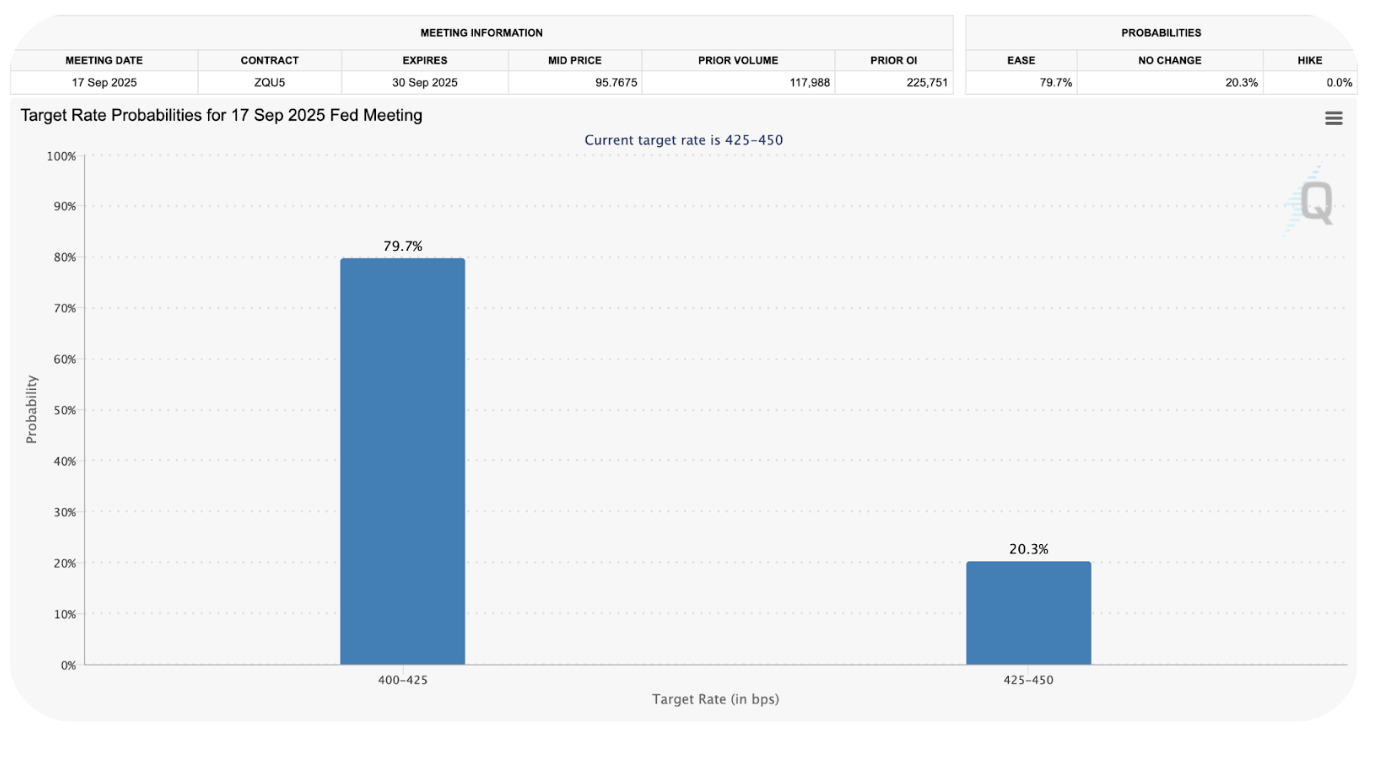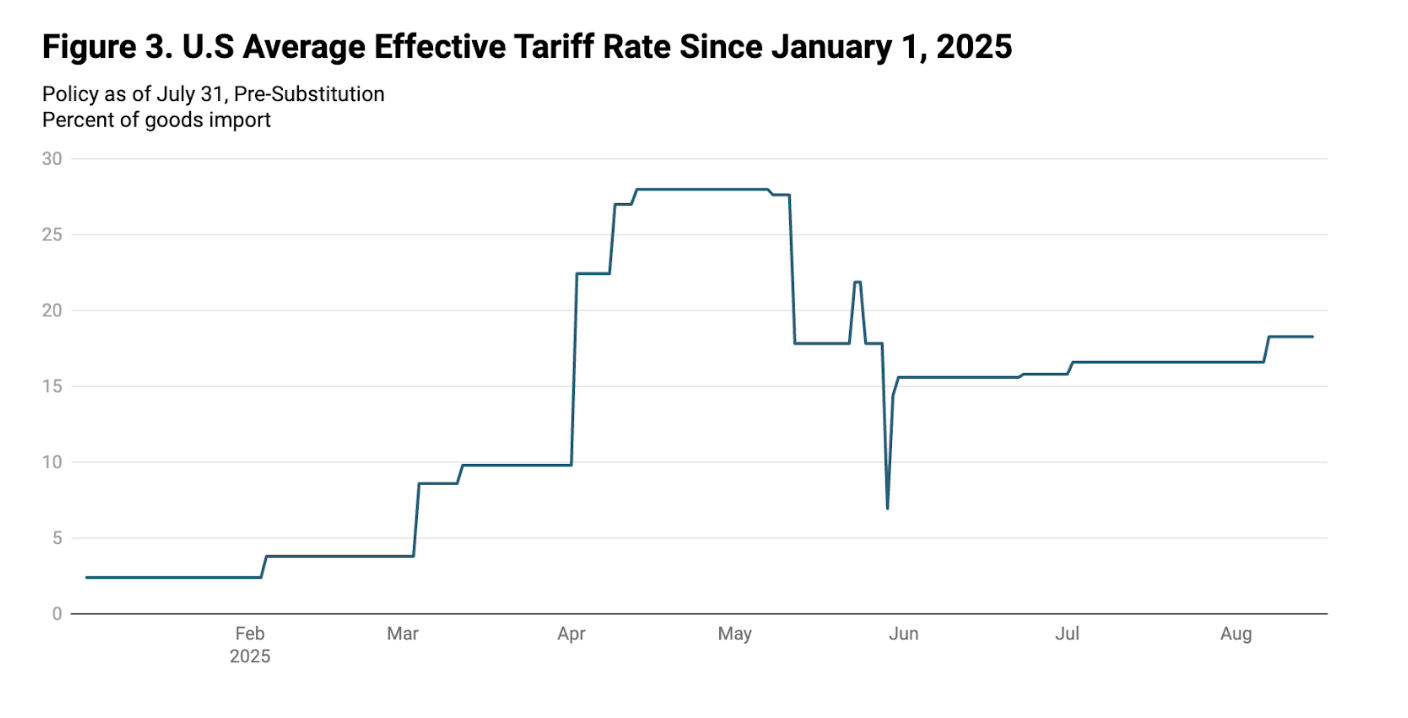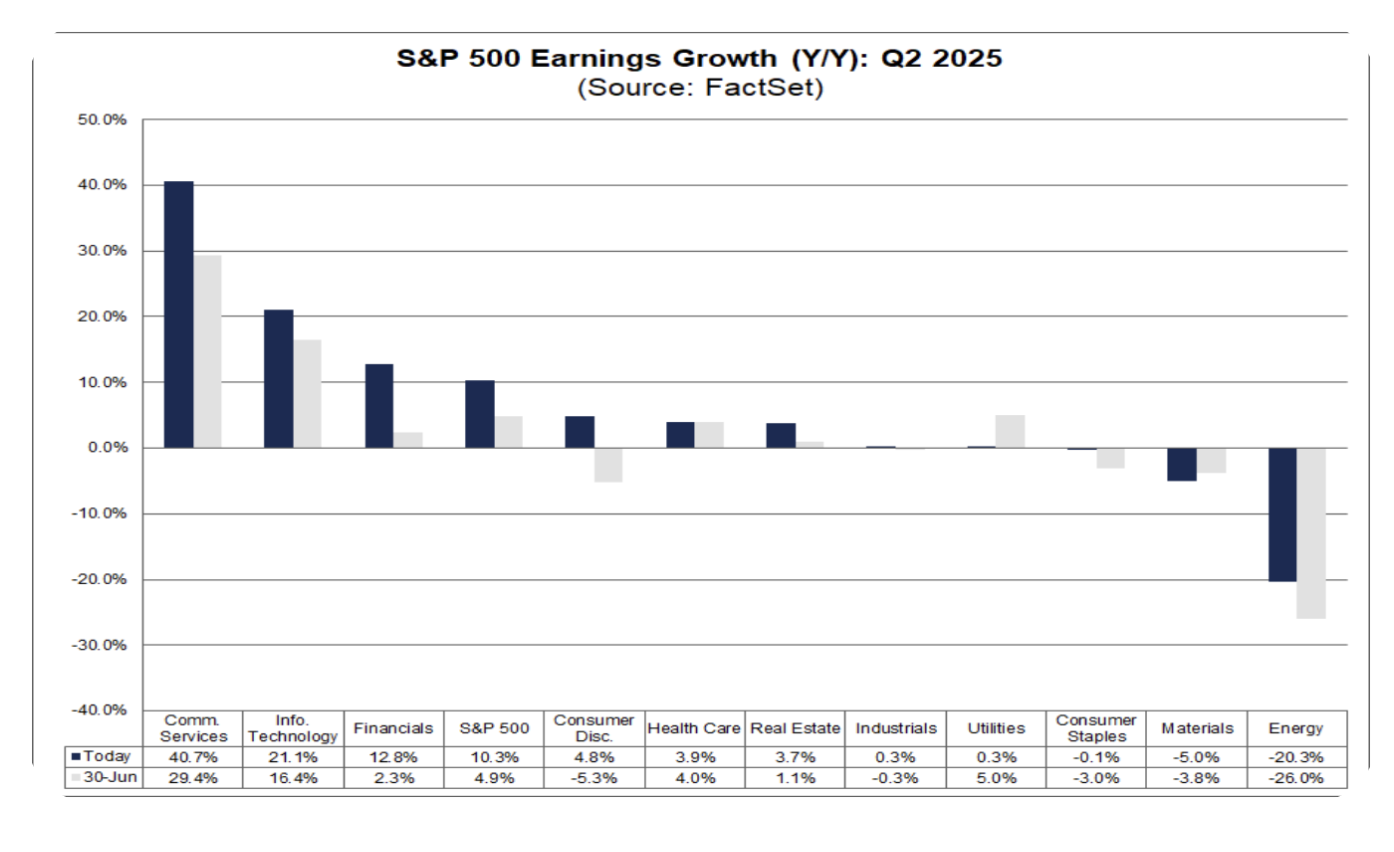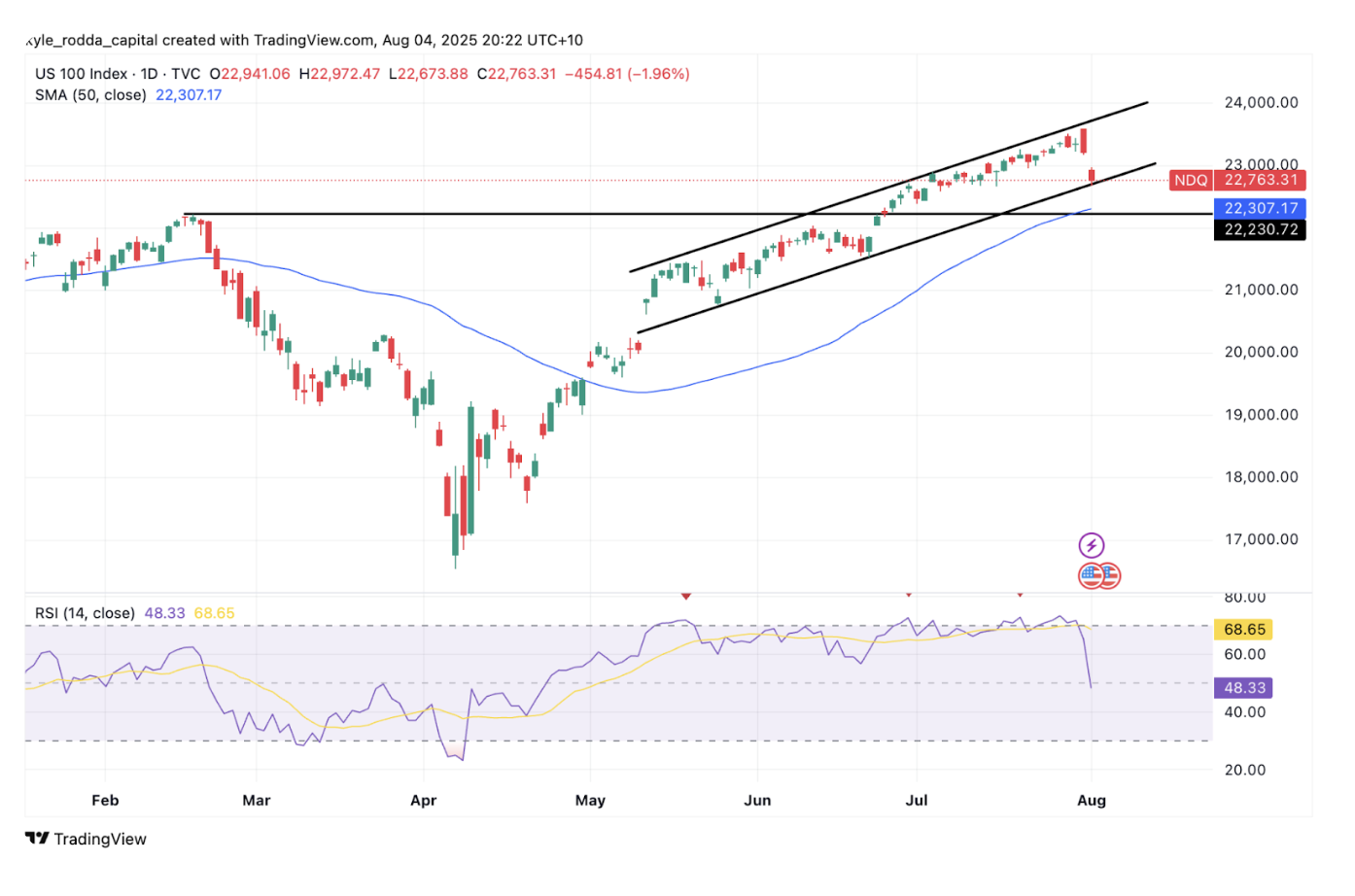Wall Street drops following US jobs data and latest Trump tariff shock
Wall Street tumbles after the negative data and higher than expected tariffs.
Wall Street tumbled to start August after a nasty trade policy surprise from the Trump administration and much weaker than expected US Non-Farm Payrolls data.
US jobs data stokes fear economy is weaker than it seems
US jobs data undershot expectations and hefty downward revisions to previous months data has changed the narrative about the US labour market. The figures revealed a modest 73,000 worker lift in employment and a rise in the unemployment rate to 4.2% – a figure that's not higher only because of a drop in the participation rate. All of the sudden, questions are being raised about the continued expansion of the US economy, and although still premature, whether this an omen for the things to come. It's also making the dissenters to last week's FOMC decision, Waller and Bowman, look quite prescient. The data has led the markets to price in a better than even chance of a Fed cut in September. Despite this, it was risk-off in the markets, showing it was a veritable case of bad news being bad news.

(Source: CME Fed Watch)
US trade-deadline passes, average tariff rate higher than expected
Sentiment was already turning bearish before the jobs data, with markets responding adversely to the August 1 trade announcements. A few of the headline grabbing deals include a tariff hike on Canada and India -- the former with some exemptions because of the USMCA and the latter with some punitive measures because of relations with Russia. But the critical issue is that, due to some big tariff hikes on key trading partners and a 15% baseline tariff for countries running a surplus with the US, the average tariff on US imports will be somewhere around the high teens, compared to the low to mid teens expected. The markets are subsequently repricing for a bigger growth hit and a larger hiccup to inflation that could make the Fed's job of supporting the labour market slightly more complicated.

(Source: The Budget Lab, Yale University)
Macro data and trade policy drowns out solid US earnings season
The negative macro-data and trade policy surprise has drowned out an otherwise strong reporting season for US companies. According to data compiled by FactSet, two-thirds of the way through the earnings period, the number of companies delivering beats for the quarter stands at 82% – the highest rate in almost four years. While the bar had been lowered for companies going into the earnings season due to downward revisions in EPS estimates, mostly owing to US tariffs and trade policy, the blended estimate for EPS for the quarter is around 10%, far exceeding the roughly 4% forecast and similar to prior quarters. Stellar earnings from US tech giants, including the likes of Meta, Microsoft and Apple last week, have underpinned the strong earnings growth once again, with these companies showing signs of successful AI monetisation. The dynamic may provide support for stocks in the long-run, although multiple compression is highly likely in the short-term due to the hit the economic outlook and market sentiment from jobs data and trade policy.

(Source: Fact Set)
From a technical perspective, the NASDAQ remains in short-term and primary uptrend. However, the jobs data and trade policy driven sell-off is threatening to break short-term trend line support. Such a move would bring support at the 50-day moving average and the February record high into focus. Meanwhile, a respect of that level and another push through previous record highs would suggest this sell-off is a minor air pocket within the primary bullish trend.

(Source: Trading View)
(Past performance is not a reliable indicator of future results)